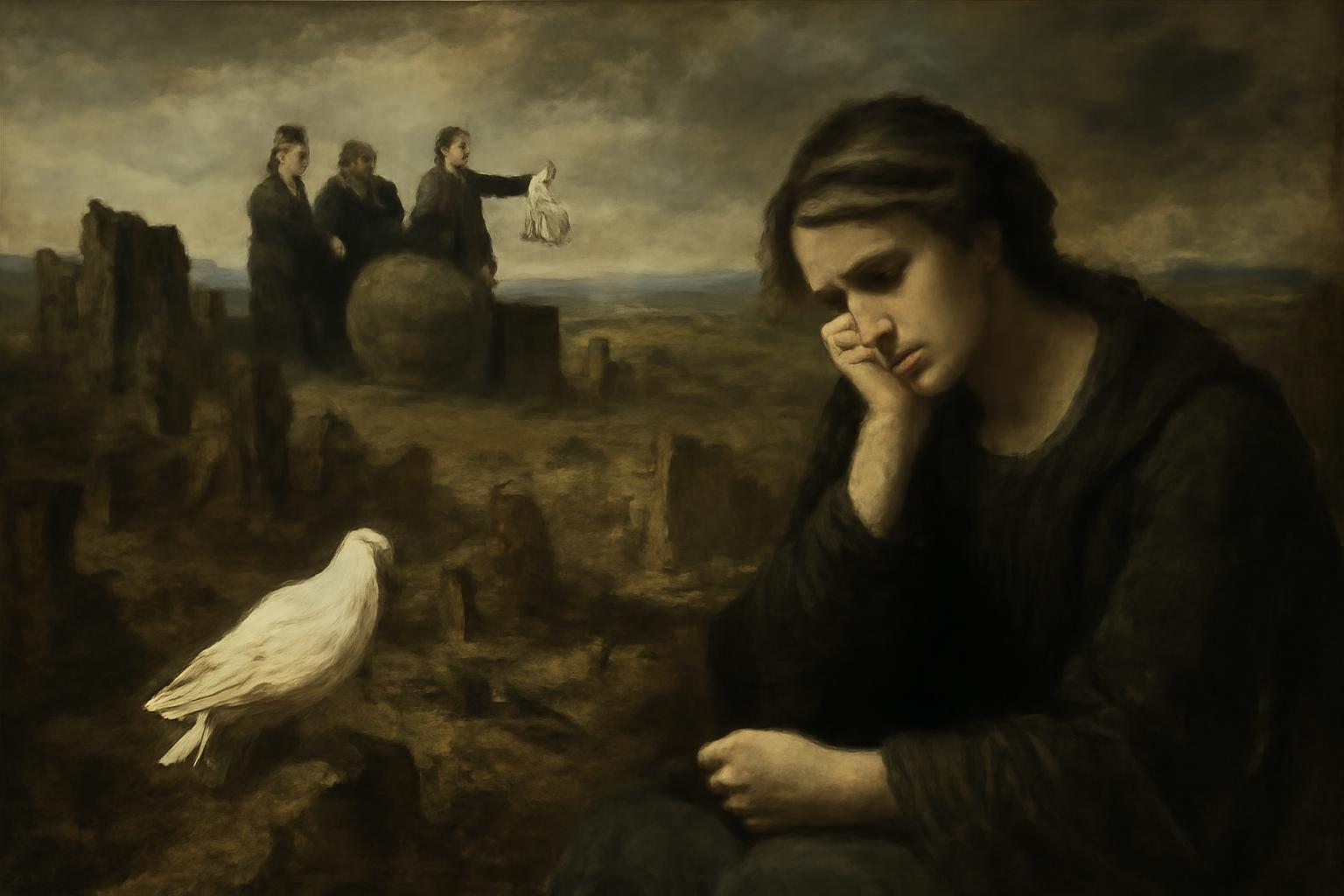The theatre of diplomacy rehearses the old tragedy anew: a ceasefire offered as a fragile intermission, a pause that might grant Ukrainians a brief respite yet promises no guaranty against the patient tyranny that gnaws at the earth. Europe and Kyiv fear that such a lull could be a calendar for deceit, a calendar on which the war-trodden ground is quietly re-mapped while the guns sleep. And so the drums of negotiation beat against the same stubborn wall, as if time itself were a stubborn general.
Russia holds roughly one fifth of Ukrainian soil, and in the east the advance continues like a slow insistence of inevitability. A central dispute splits the room: should Ukraine cede land to Moscow as a condition of halting the fight? Moscow would make concessions the price of ending the hostility, while Western partners insist that any land transactions be decided only at the end of negotiations, and that they would be illegal if imposed against Ukraine’s will, requiring referenda and constitutional changes for any voluntary relinquishment. It is a tension fit for a Greek chorus—moral philosophy colliding with geopolitical necessity, the law of nations contending with the law of power.
A long-standing debate inside the Western camp echoes through the corridors: a coalition of nations, including Germany, France, and Britain, seeking to back a peacekeeping mission and secure guarantees that future assaults may be forestalled. The United States signals openness to security guarantees after the Alaska summit, though the form remains elusive; Italy’s Giorgia Meloni whispers a NATO-style guarantee without Ukraine joining the alliance. President Zelenskiy, with a steadiness that seems almost tragic, desires a three-way meeting with Trump and Putin to anchor Ukraine’s inclusion, and he plans to travel to Washington, even as the Kremlin’s commitment wavers.
And so we endure the theater, where hope and restraint quarrel with memory. If Nietzsche heard this scene, he would murmur of the will to power masquerading as the will to peace, of a civilization that talks bravely of endgames while tragedy—Greek and modern—keeps remaking the stage. For what we witness is not merely a policy dispute but a reflection of Western culture’s solemn dusk: a clockwork of realpolitik, a reminder that progress, like Sisyphus, is a labor that never fully satisfies, only repeats, with ever more refined instruments, the lament that civilization is perpetually negotiating its own limits.
